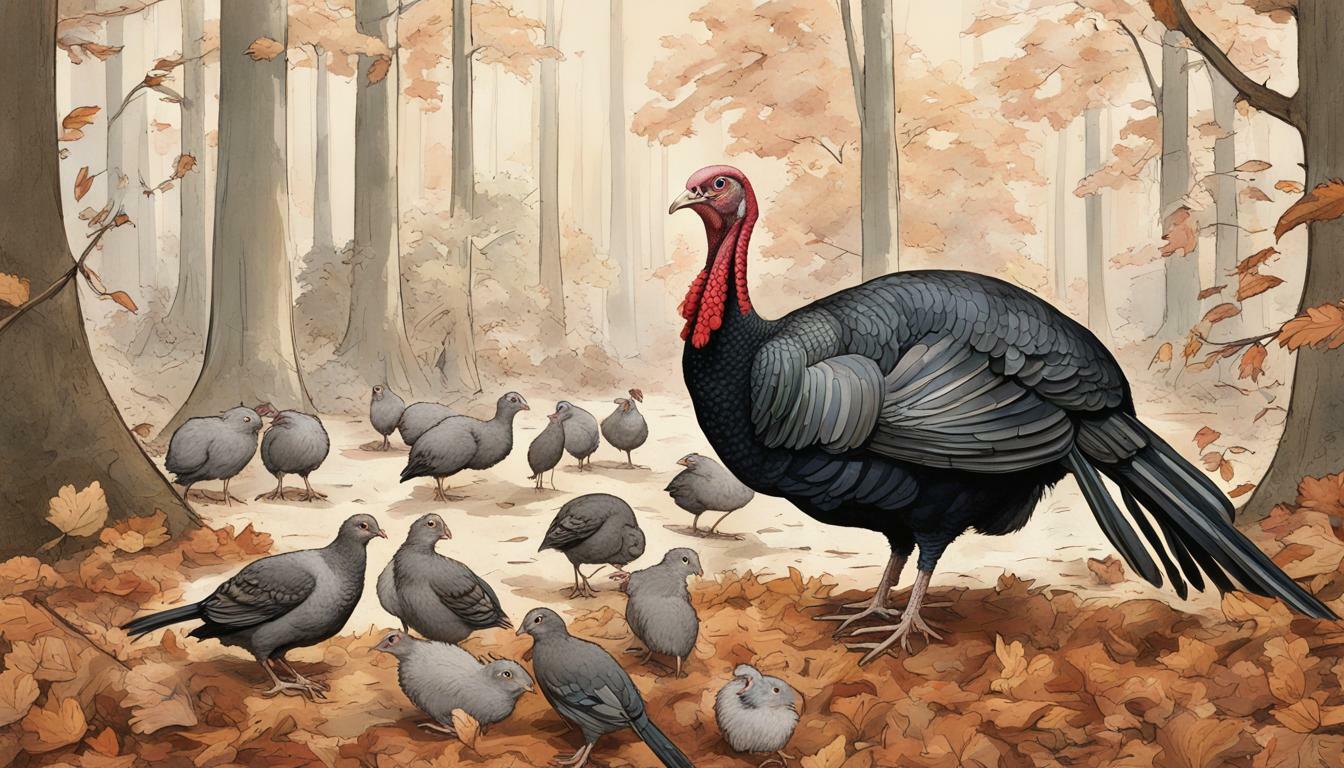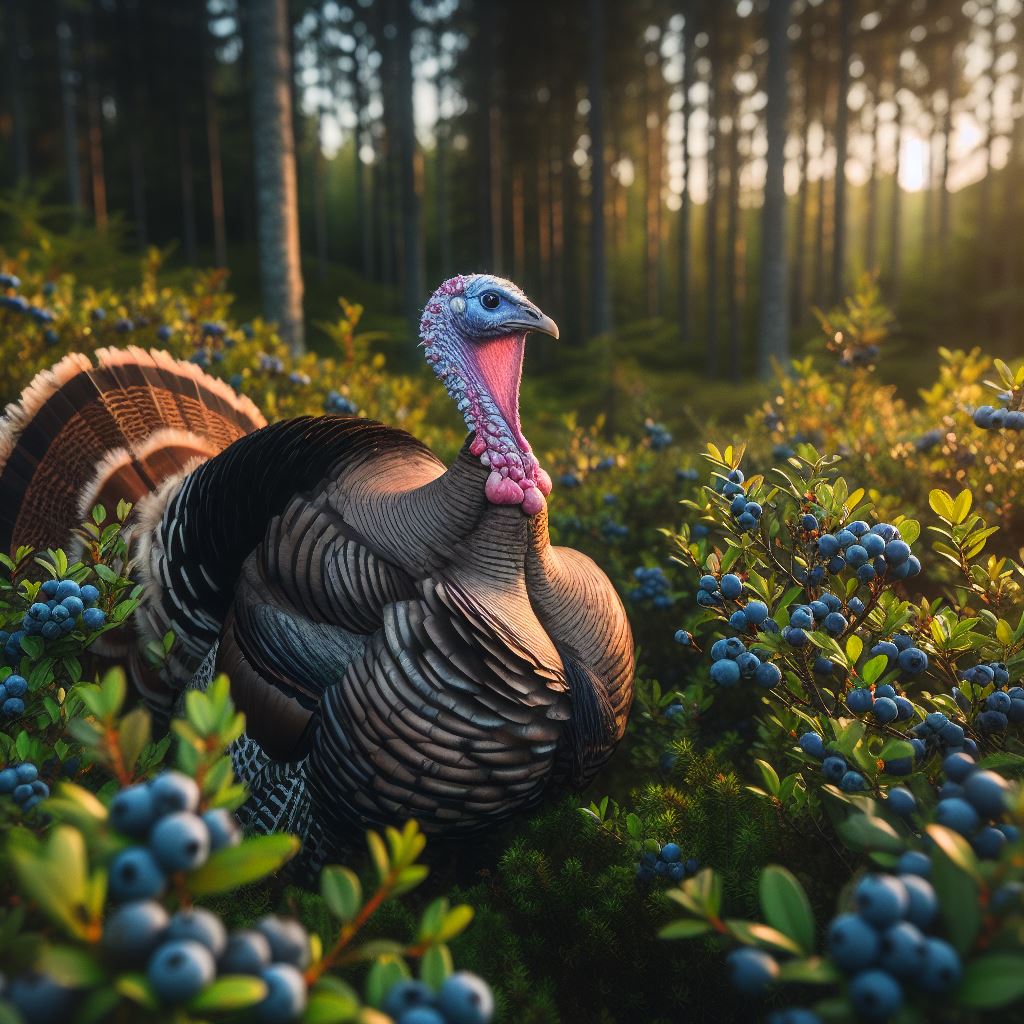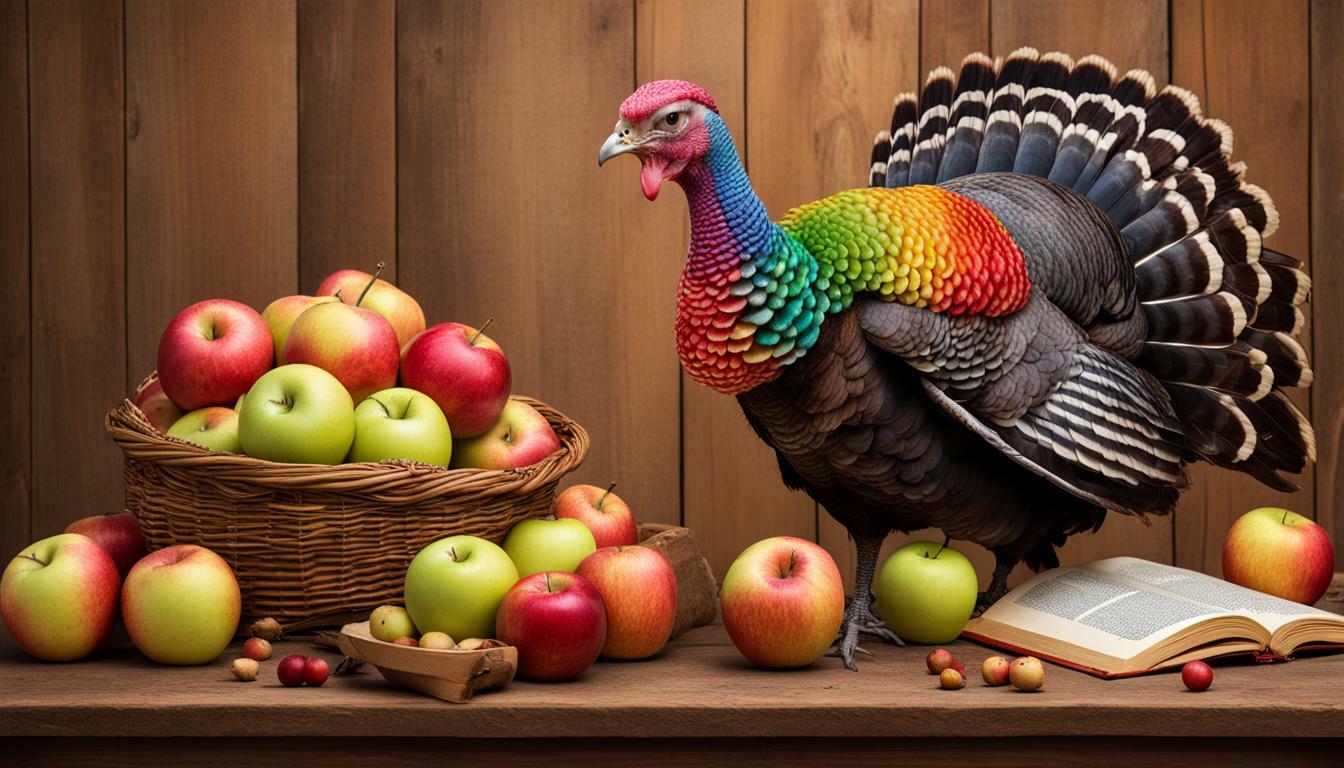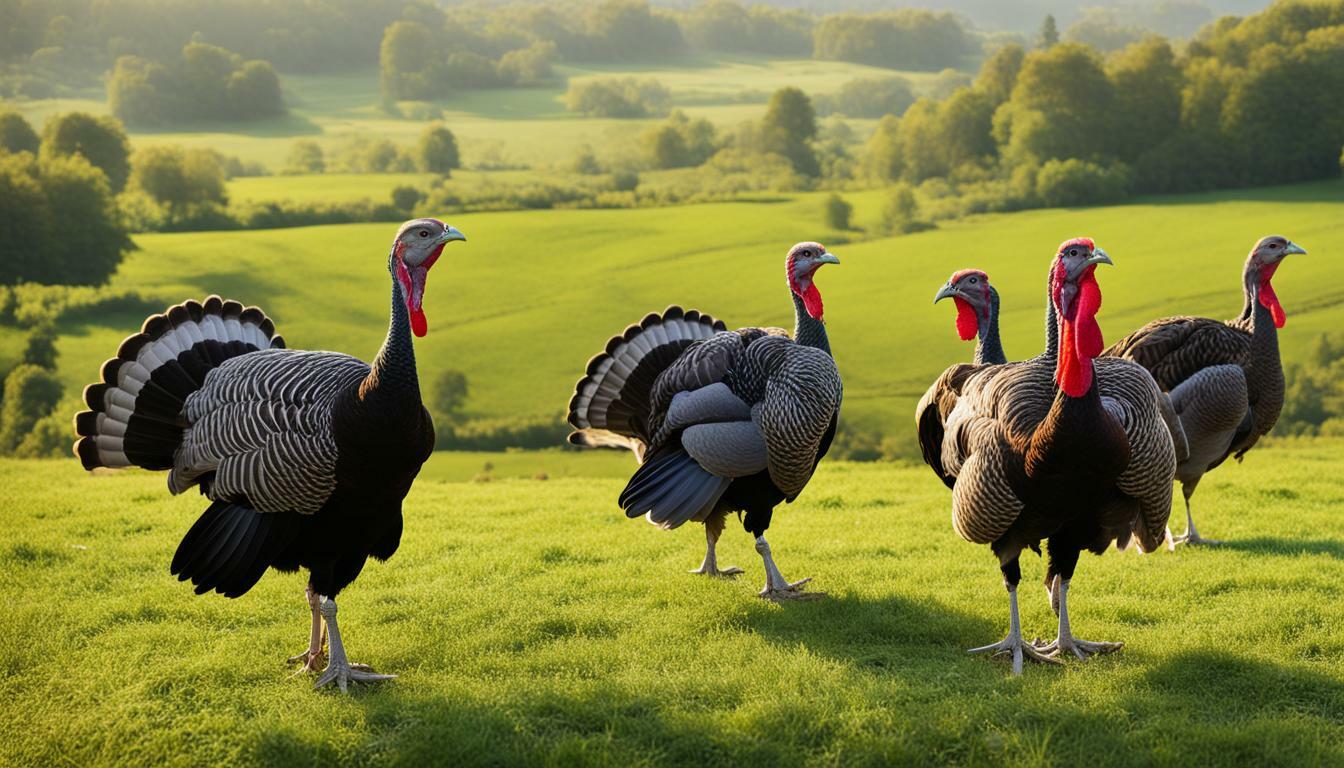Do Turkeys Eat Mice? Uncover the Truth

Table of content:
Turkeys and mice are two common animals that coexist in many areas. But do turkeys actually eat mice? This is a fascinating question for those interested in animal behavior and the food chain. Let’s take a closer look at the diets of turkeys and their potential interactions with mice.
The Diet of Wild Turkeys
Wild turkeys are omnivorous birds, meaning they eat both plant and animal matter. Their diet consists primarily of seeds, nuts, berries, insects, and small vertebrates. Although turkeys will occasionally eat mice, mice do not make up a significant portion of their diet.
Turkeys typically forage on the ground for seeds, fruits, greens, and arthropods. They use their strong beaks to pick through leaf litter and soil to uncover food sources. Common animal prey include insects like grasshoppers, beetles, and caterpillars. Turkeys will also sometimes eat small lizards, frogs, snakes, salamanders, snails, worms, and slugs.
Of all the vertebrate prey turkeys consume, the most common are typically small rodents like voles, rats, and mice. Turkey poults (chicks) seem especially likely to prey on mice and other small rodents when protein demands are high. Still, mice compose a relatively minor part of the turkey diet compared to plant material and insects.
Will Wild Turkeys Actively Hunt Mice?
Turkeys do not normally go out of their way to hunt down mice as a primary food source. However, wild turkeys are opportunistic foragers and will readily consume mice they happen to encounter while scratching through leaf litter.
If a turkey spots movement and recognizes an opportunity to grab a rodent, it will usually take advantage. But turkeys rely more on chance encounters than active hunting when it comes to mouse consumption. Their foraging strategy focuses mainly on easily uncovered foods like seeds, nuts, and insects.
Do Domestic Turkeys Eat Mice?
Domestic turkeys have a similar natural diet to wild turkeys and are also omnivorous. The main difference is domestic turkeys are typically fed a high-protein commercial feed blend formulated for poultry. This reduces their need to forage for food.
However, domestic turkeys allowed to range freely will exhibit natural foraging behaviors. If mice, baby rats, or voles get into their enclosure, domestic turkeys will readily eat them as a protein source. Their opportunistic feeding habits are the same as wild turkeys.
Free-ranging domestic turkeys may also help control pests like mice around agricultural structures where they forage. Their presence can help limit rodent damage to livestock feed and crops if they prey on mice in barns, grain bins, or fields.
Other Predators of Mice
While turkeys do sometimes eat mice, they are far from the most common or effective predators of mice. Other animals are much more likely to prey actively on mice and seek them as a primary food source.
Birds of Prey
Birds of prey like owls and hawks rely heavily on rodents like mice as a food source. Owls are nocturnal hunters that use acute hearing to locate moving mice. Hawks hunt during daylight hours and use excellent vision to spot mice from high perches.
Both owls and hawks will aggressively hunt, kill, and carry mice back to eat or feed their young. In some cases, a single owl or hawk family may consume thousands of mice per year.
Snakes
Snakes are stealthy ambush predators that will eat any small rodent they can overpower. Rat snakes and other colubrid species are especially adept mouse hunters. They will patiently wait in areas where mice are active and strike when one comes within reach.
Wild Canids
Foxes, coyotes, and other wild canids readily catch and eat mice. These intelligent predators use their keen sense of smell to track down mouse trails and burrows. Pack hunting canids like coyotes also coordinate to surround and pounce on mice that attempt to flee open areas.
Domestic Cats
As an introduced predator, domestic cats can wreak havoc on native small mammal populations like mice. Even well-fed house cats will instinctively hunt and kill any mice that cross their path. Feral cat colonies are especially destructive to mice and other small rodents.
Other Mouse Predators
Many other meat-eating animals like skunks, weasels, raccoons, opossums, and wild pigs will eat mice opportunistically. Mice must constantly be on alert to avoid becoming prey for larger animals higher on the food chain. Mice detected by wild turkeys, foxes, bears, wolves, and mountain lions will likely be consumed.
Do Mice Provide Any Benefit to Turkeys?
Despite being occasional turkey prey, mice may also provide some benefits to turkeys searching for food. Turkeys will sometimes follow mice to take advantage of seeds, nuts, and insects they uncover while foraging.
By creating networks of burrows, mice help aerate soil and cycle nutrients. This supports healthier forests and grasslands with more abundant plant growth. So while mice compete with turkeys for some food sources, they also contribute to productive turkey habitat overall.
Conclusion: The Turkey and Mouse Relationship
In summary, turkeys are not dedicated mouse hunters, but they will opportunistically eat mice encountered while foraging. Mice make up a very minor portion of the turkey diet compared to plant material, insects, and other small prey.
Domestic turkeys allowed to range freely exhibit the same natural feeding behaviors and will consume mice they come across. But turkeys do not actively prey on mice to the extent of dedicated mouse hunters like raptors, snakes, and canids.
While turkeys eat the occasional mouse, mice likely benefit from turkeys more indirectly by supporting food plant growth through soil enhancement. The turkey and mouse relationship reflects the complex interconnectedness of food chains sustaining ecosystems.
Final Thoughts
- Turkeys are omnivorous foragers that eat mice opportunistically but do not hunt them as a primary food source.
- Other predators like raptors, snakes, and canids rely more heavily on mice and actively hunt them.
- Domestic turkeys exhibit the same natural foraging behaviors as wild turkeys and will eat mice they encounter.
- While they compete for some foods, mice also benefit turkeys by enhancing soil fertility to support food plant growth.
- The turkey and mouse dynamic reflects the intricate food web linking all organisms in an ecosystem.
Welcome. I’m Adreena Shanum, the proud owner of this website, and I am incredibly passionate about animals, especially poultry. I founded adreenapets.com as a labor of love, stemming from my desire to share my knowledge and experiences with poultry enthusiasts worldwide.




